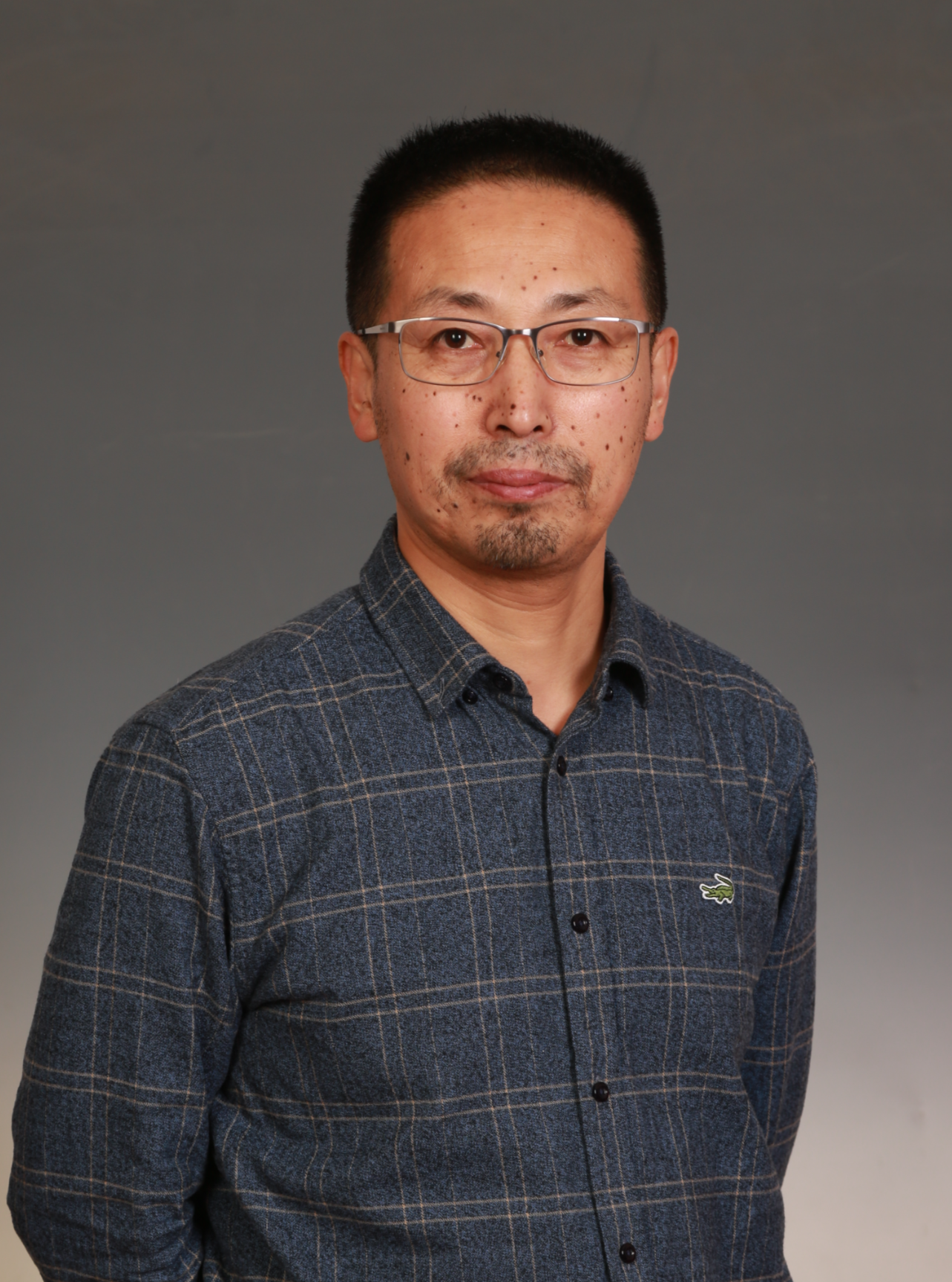WANG Xiaokun

Wang Xiaokun is an associate professor of the Department of Archaeology and Literature, School of History, Renmin University of China, and supervisor of master students. He is a member of the UNESCO Chair on Cultural Heritage Law. He is the chief expert of the Sino-Italian Cooperation and Development Project Office, a member of the Committee of Qin and Han Archaeology and the Committee of Frontier Archaeology of the Chinese Archaeological Society, a member of the Chinese Petroglyph Society, a judge of the Degree Center of the Ministry of Education, and a judge of the Beijing Personnel Examination Center. He is an archaeological excavation leader in the People's Republic of China (2011), and has received the Teaching Excellence Award (2013), Outstanding Headteacher (2013), "Excellence in Curriculum Teaching Award" (2019), Special Award for Teaching Achievement (2021), and Excellence in Undergraduate Extracurricular Teaching (2021) from Renmin University of China.
After graduating from the Department of Archaeology of Jilin University in 1997, he worked at the Inner Mongolia Institute of Cultural Relics and Archaeology. He has long been engaged in the research and teaching of ethnic archaeology in northern China, and has participated in the excavation and finishing of many famous sites. Since 2008, he has been teaching at the School of History of Renmin University of China, and in September 2014, he was a visiting scholar at the Department of Anthropology of the University of New Mexico. He has participated in dozens of archaeological excavations, published more than 40 articles in domestic and international archaeological journals, and published several books, including " Yinshan Rock Painting Research ", "Study on Ancient City Sites in Hetao Area from the Warring States to the Qin and Han Dynasties", and "Research on Human Face Rock Paintings in Northern China".
He has been teaching and researching cultural heritage for a long time, lecturing in courses such as "Introduction to Cultural Heritage" and "Cultural Heritage Management and Practice", and publishing papers such as "Visual Analysis of Cultural Heritage Teaching Materials and Research Hotspots - Based on Web of science and CNKI Data Statistics", etc. His academic interests also include prehistoric archaeology, urban archaeology, Eurasian steppe archaeology, and archaeological documentaries.
He has chaired two National Social Science Foundation projects and more than 20 projects commissioned by the National Cultural Heritage Administration, the Chinese Association of Higher Education, the Hubei Cultural Heritage Administration and local research institutions.



